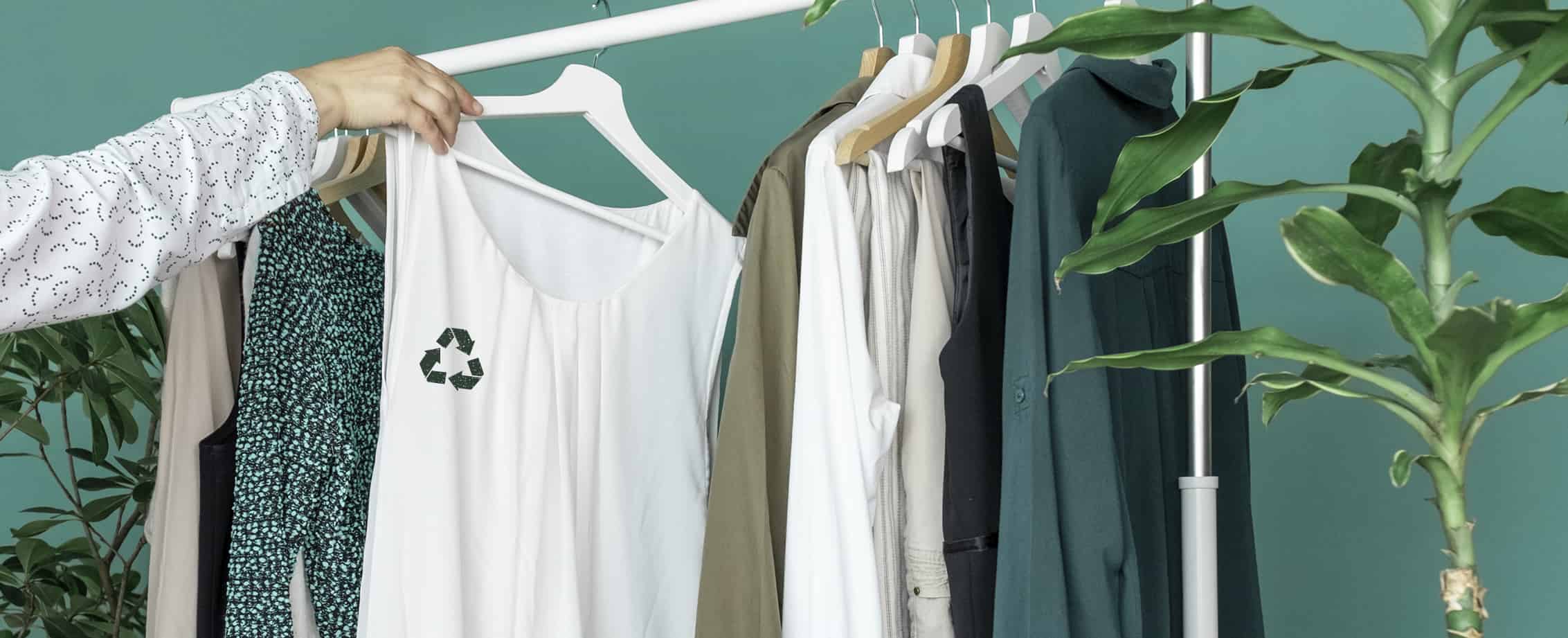Sustainable fashion has emerged as a compelling solution to the environmental and ethical challenges posed by the traditional fashion industry. With the growing awareness of the detrimental impact of fast fashion on the planet and society, consumers and industry leaders alike are seeking ways to embrace more sustainable practices. This shift towards sustainable fashion involves the implementation of environmentally friendly materials, ethical manufacturing processes, and conscious consumption habits.
In this guide, we will explore the key principles and strategies behind creating make sustainable fashion, empowering individuals and businesses to make a positive difference in the fashion industry while still expressing their unique sense of style. By adopting these practices, we can pave the way for a fashion industry that is not only aesthetically pleasing but also responsible and mindful of its impact on the world we inhabit.
Educate Yourself
Before embarking on your sustainable fashion journey, it is crucial to educate yourself about the industry’s environmental and social challenges. Familiarize yourself with terms like “fast fashion,” “circular economy,” and “ethical sourcing.” Understand the detrimental effects of excessive consumption, textile waste, and poor working conditions. Stay updated on sustainable fashion initiatives, certifications, and brands that align with your values.
Embrace the Concept of Slow Fashion
At the core of sustainable fashion lies the concept of “slow fashion.” Slow fashion promotes a mindful approach to clothing consumption by focusing on quality, longevity, and timeless style. Choose well-made garments that can withstand the test of time, rather than succumbing to trends that quickly lose relevance. Embracing slow fashion helps reduce the demand for fast fashion, which ultimately leads to a decrease in waste and environmental harm.
Opt for Ethical and Transparent Brands
Supporting ethical and transparent fashion brands is essential for driving change within the industry. Look for brands that prioritize fair wages, safe working conditions, and responsible sourcing. Seek out certifications like Fair Trade, GOTS (Global Organic Textile Standard), or B Corp that validate a brand’s commitment to social and environmental responsibility. By making conscious purchasing decisions, you are directly contributing to the growth of sustainable fashion.
Emphasize Quality over Quantity
In a world obsessed with fast fashion, it is crucial to shift our mindset from quantity to quality. Invest in well-made garments that are designed to last, rather than opting for cheaply made items that wear out quickly. Prioritize natural and sustainable materials such as organic cotton, linen, hemp, or recycled fabrics. High-quality clothing not only reduces waste but also saves money in the long run, as you won’t need to replace items as frequently.
Embrace Second-Hand and Vintage Fashion
One of the most effective ways to reduce the environmental impact of fashion is to embrace second-hand and vintage clothing. Thrifting, swapping, and consignment shopping are excellent options for finding unique, pre-loved pieces. By giving garments a second life, you help reduce the demand for new production and extend the lifespan of existing clothing.
Practice Responsible Garment Care
To ensure the longevity of your clothing, practice responsible garment care. Follow the care instructions on labels, wash clothes at lower temperatures, and air dry whenever possible. Avoid excessive use of detergents, as they can harm both the fabric and the environment. Mend or alter damaged garments instead of discarding them. By extending the life of your clothes, you actively contribute to sustainable fashion.
Recycle and Upcycle
When clothing reaches the end of its life cycle, explore recycling and upcycling options. Many brands and organizations accept textile donations for recycling purposes. Additionally, you can unleash your creativity and upcycle old garments into new and unique pieces. By diverting textiles from landfills, you help reduce waste and contribute to the circular economy.
Making sustainable fashion choices requires a conscious effort to prioritize the planet and people over fast and disposable trends. By educating yourself, embracing slow fashion, supporting ethical brands, and practicing responsible consumption, you can play a vital role in shaping a more sustainable future for the fashion industry. Remember, every small action counts, and together, we can make a significant difference in the way we produce, consume, and appreciate fashion. Let us embark on this journey towards a more sustainable and ethical fashion landscape.




